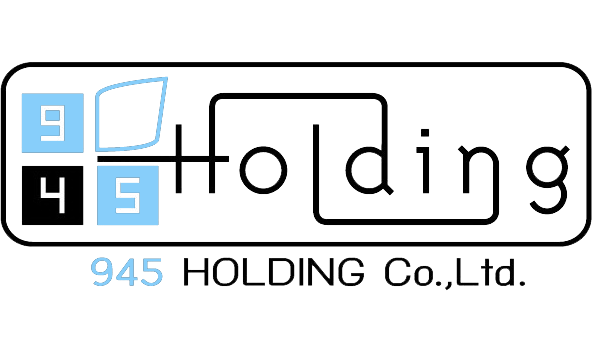
Read on to learn about what a sober living house is, the history of sober living homes, types, who should go to one, and how you can find a sober living house. The New York State Alliance of Recovery Residences (NYSARR) is the New York state affiliate of the NARR, the National Association of Recovery Residences. NYSARR offers a certification program for all sober living homes that meet the stringent standards established by NARR. The house manager should be sober for six months to a year, and you should contract with that person for an established period of time. It’s a good idea to offer a promotion from resident to house manager after a resident has met a specific period of time sober.
- A community-based sober living home is an excellent option if you want to create a sense of belonging and support among your residents.
- While they are both residences designed to support folks in maintaining sobriety and transitioning back into society, there are some key differences.
- Some homes also offer additional services like counseling, job placement assistance, or specialized recovery programs, which can serve as additional revenue streams.
- This intensive outpatient program is often used as a step-down from inpatient care or a step-up from traditional outpatient services when a higher level of care is needed.
Sober Living House Rent
- These laws will determine whether an existing property such as a residential home can be repurposed.
- The success of your sober home investment requires that you are operating legally and abiding by proper zoning and licensing requirements.
With Bill A6396, Senator Croci sought to create a taskforce to count the number of existing sober living homes in the state and investigate fraud, waste and abuse in the homes. The bill would also make certification mandatory for all for-profit sober living homes. Sober Living Homes (SLH) are a pivotal part of the recovery process and extremely important to the long-term recovery of those who have gone through treatment for addiction. The value of sober living homes has been verified through several industry studies, and the combination of SLHs and Intensive Outpatient Programs (IOPs) is proven to have a high rate of success. Depending on your location, you may need to obtain specific licenses and permits to operate a sober living home. This may include a residential care facility license, a business license, and a permit to operate as a sober living home.

Is There a Difference Between Sober Living and Halfway Houses?
Outline your staffing needs, including the number and types of employees you’ll require, their roles, and the qualifications needed for each position. Expect to incur ongoing expenses such as utilities, staff salaries, and maintenance. Our admissions team is available 24/7 to listen to your story and help you get started with the next steps. Typically, as long as you follow the rules, you may live in the home for as long as you want.

Support Group Meetings
People who have undergone addiction treatment in rehab centers often struggle to stay sober as they adjust to the real world. In sober living homes, you can learn essential skills and techniques for recovering addicts before returning to your everyday life. Sober living homes, also known as sober houses, are transitional living spaces for people who want to maintain sobriety. It provides a safe environment for people to focus on their recovery after substance abuse treatment.

Although these terms are often used interchangeably, halfway houses are typically government-funded and have limitations on how long a resident can live there. Comparatively, sober living residents can stay as long as needed, provided that they adhere to the household rules and expectations, pay sober house near me rent, and cover their personal expenses. Some people relapse after treatment because they are unable to cope with life in an unsupportive environment. Sober living homes are alcohol and drug-free living environments that provide structured, transitional housing for men and women in recovery.
People who reside in sober living facilities can usually come and go as they please as long as they follow certain rules. For example, sober living houses may require residents to be home by a certain time or to go to work during the day. Residents may also be subject to periodic drug testing to demonstrate ongoing sobriety.
Bronx Lebanon Hospital Center/Inpatient Rehabilitation Program
- A faith-based sober living home can be an excellent option for residents who want to incorporate their faith into their recovery journey.
- Having too little competition means that you might be required to take in more residents than you can accommodate.
- Many people develop meaningful and fulfilling relationships with their roommates.
Read on to learn more about sober living houses, including how they function, whether one may be right for you or a loved one and how to find a reputable facility in your area. While sober living houses have research touting their efficacy, it is also important to remember that they are still environments where you are living with others and the focus is on staying sober. You become part of a recovery-focused community to improve your social health.
Sober living offers a balance between living in the real world and receiving some structure and monitoring. If you allow pets in your sober living home, you will need to have policies in place to ensure that the pets are well-behaved and that they do not pose a risk to other residents. You should also have a designated area for pets to relieve themselves and ensure that the area is regularly cleaned.

